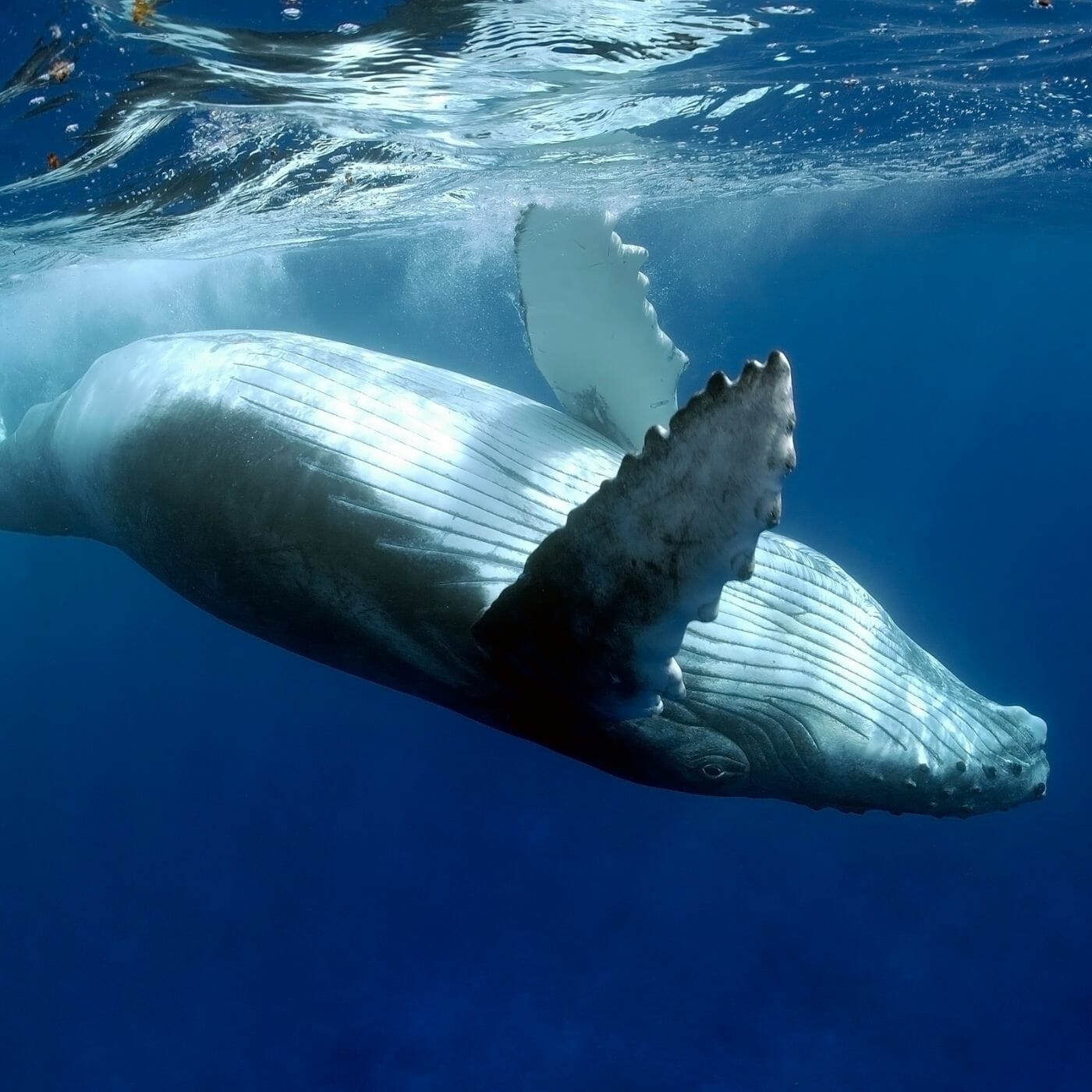Underwater Noise is A Threat To Marine Life

Shipping noise has led to marine mammals altering their vocalization patterns. This includes making calls longer and more repetitive or waiting until noise levels drop before calling. Research has shown that shipping noise made within 1,200 meters of humpback whales has caused the whales to either reduce or stop their calling in the waters surrounding the remote Ogasawara Islands in Japan.
The Increase in Physiological Stress
Despite these vocal adaptations, noise can negatively affect animals’ feeding behavior and increase physiological stress. The research found that a reduction in shipping following the 9/11 terrorist attacks led to a six-decibel drop in noise levels in the Bay of Fundy on Canada’s Atlantic coast. This coincided with lower levels of physiological stress detected in North Atlantic right whales when researchers measured stress hormones from floating whale feces.
The COVID-19 lockdowns also led to previously busy waterways being used more frequently by large marine animals. For example, dolphin numbers – including the endangered pink dolphin – increased in the waters around Hong Kong following temporary restrictions on ferry traffic.
Noisy oceans are having a profound negative impact on marine life. Taking action to protect and restore natural soundscapes is a key priority for conservation.
The good news is that noise is removed from the environment as soon as the sound source is switched off or turned down. Technological developments in ship design, such as reduced propellor cavitation and the formation of air bubbles on the surface of a propeller, have already lowered the noise produced by ships.
Small adjustments in speed can also substantially lower engine and propeller noise. Research has found that a 15.6 to a 13.8-knot reduction in the average speed of commercial ships can reduce underwater noise pollution by more than 50%.
But global awareness of the impact of Underwater noise on ocean health needs improving, and policies aimed at managing sound and implementing technological solutions must be more rigorous. These readily available solutions promise our oceans a brighter – and quieter – future.
OMTimes Magazine is one of the leading on-line content providers of positivity, wellness and personal empowerment. OMTimes Magazine - Co-Creating a More Conscious Reality




